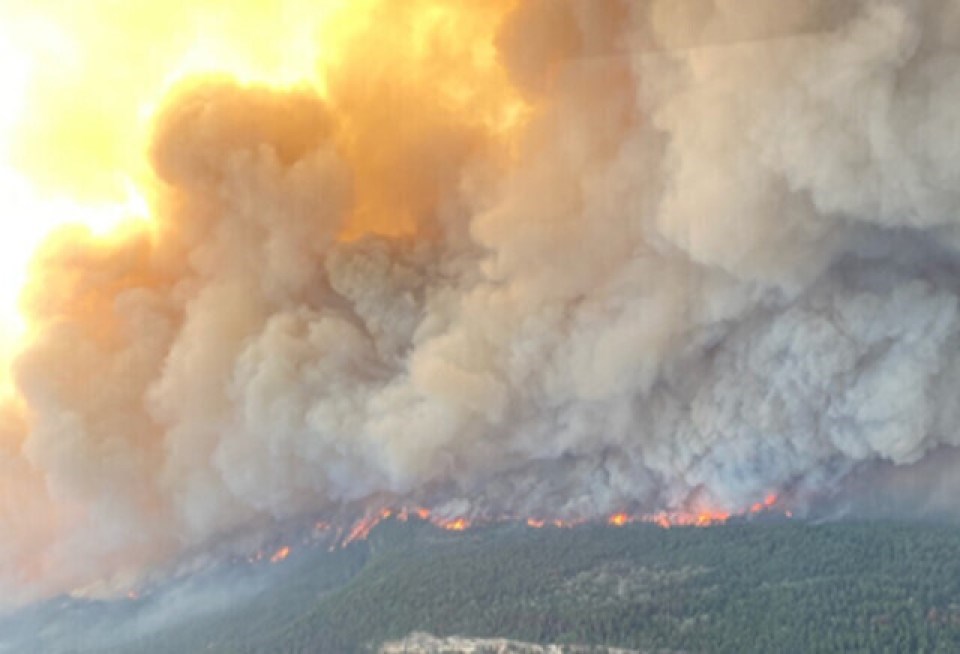A Thompson Rivers University wildfire expert says extreme wildfire seasons like the one seen this summer are likely to become more frequent in B.C., with extreme weather creating larger and longer-lasting summer blazes.
B.C. recently surpassed the 2-million mark for hectares burned this year, the most ever recorded in the province by a wide margin. TRU wildfire expert and B.C. research chair Mike Flannigan said he predicts extreme fire seasons will occur more often.
“I’d say once every three years on average,” Flannigan told Castanet Kamloops.
“It doesn't mean you can't get two bad years together like 2017 and 2018 or three or four years where it's quiet, but it's going to be more challenging.”
Flannigan is the co-author of a research paper published Tuesday in the journal Nature that examines the increase in climate-induced wildfires in B.C. since the mid-2000s.
The paper states that while the number of wildfires has been decreasing since the first half of the 20th century, the number of hectares burned has seen an abrupt and intense trend upwards.
Flannigan said more extreme weather conducive to intense wildfires is a large factor in the larger blazes.
“My argument is that things are largely, but not solely, due to more extreme fire weather,” said Flannigan.
“The trend is for warmer, drier summers, which is not good news for fire or smoke.”
Flannigan said factors such as hotter temperatures, dry and windy conditions and longer fire seasons contribute to more intense fires.
“If it’s hot enough and dry enough and windy enough, everything burns,” he said.
“We're burning over two per cent of the forested area and that just can't continue.”
Flannigan said some fires will burn so deep in these conditions that they may last through winter.
Robert Gray, a fire ecologist and a co-author of the research paper, said availability of fuels is also contributing to more intense wildfire seasons.
“We've got a lot of forest reaching maturity now," he said. "We've had other disturbances like insect epidemics, which are creating lots of fuels, we've suppressed fires, we've excluded fires in the landscape."
Gray said the B.C. landscape has been “homogenized” and, coupled with more extreme weather, has lent itself to larger fires.
“The trend is toward longer fire seasons, hotter conditions, strong events, lots more lightning,” he said.
“It's only going to get worse.”



